CEPR 125/B1 (Winter, 2020): SOCIAL MEDIA - NETWORKS
- Teacher: MARTIN PLEBON
CEPR 125/B1 (Winter, 2020): SOCIAL MEDIA - NETWORKS
CEPR 125/DYPR (Spring, 2016): SOCIAL MEDIA FUNDAMENTALS
Course Outline
CEPR 125 Social Media Fundamentals – One Degree of Separation
2017 - Spring Session,
Course Schedule: Tuesdays & Thursdays 9:15 -11:45 May 9th - June 8th
Instructor Coordinates:
· M.J. Plebon
· Concordia@communication-impact.ca
Course Prerequisites
· Familiarity with basic computer use
CEPR 125/DYPR (Spring, 2019): SOCIAL MEDIA - NETWORKS
CEPR 225/1 (Winter 2025): SOCIAL MEDIA STRATEGIES& ROI
CEPR 225/1 (Summer 2025): SOCIAL MEDIA STRATEGIES& ROI
CEPR 225/B1 (Winter 2025): SOCIAL MEDIA STRATEGIES& ROI
CEWD 365/B1 (Winter, 2023): SEARCH ENGINE OPTIMIZATION
Course Description:
This course teaches students proven techniques used to increase the number of visitors to a website. Focusing on search engines and how they index pages and order search results, the course will demonstrate how the use of keyword research and selection, placement and density, tagging, linking, site design and performance, as well as social media all play a role in improving the visibility of a website. Students will also learn off-page technologies to strengthen and hinder website visits, including XML sitemaps, robot files, tracking and measuring optimization efforts. Upon completing this course, the student will understand how to apply tried-and-true techniques to improve website traffic and visibility.
By the end of this course, you should be able to:
Perform a detailed site SEO technical and content audit
Identify trends and insights
Create a question-mapping strategy
Create Technical Recommendations
Create Content Recommendations (Tags and On-page content)
Create an SEO-optimized website/landing page
Utilize best practices for presentations
Employ project management techniques for effective teamwork
COMM 211/HH (Winter 2025): GLOBAL BUSINESS ENVIRONMENT
This course provides a general understanding of globalization and international business. It covers the basic concepts and theories of international trade, economic development and cooperation, the role of global and regional agreements and organizations, the foreign exchange market and global monetary system, the internationalization process and various entry strategies employed by companies.
Students will be able to explain how cultural and institutional differences affect business and management practices and the reasons behind variations in business ethics, sustainability, and social responsibility practices around the world. Lectures, case discussions and other teaching methods will be employed in this course.
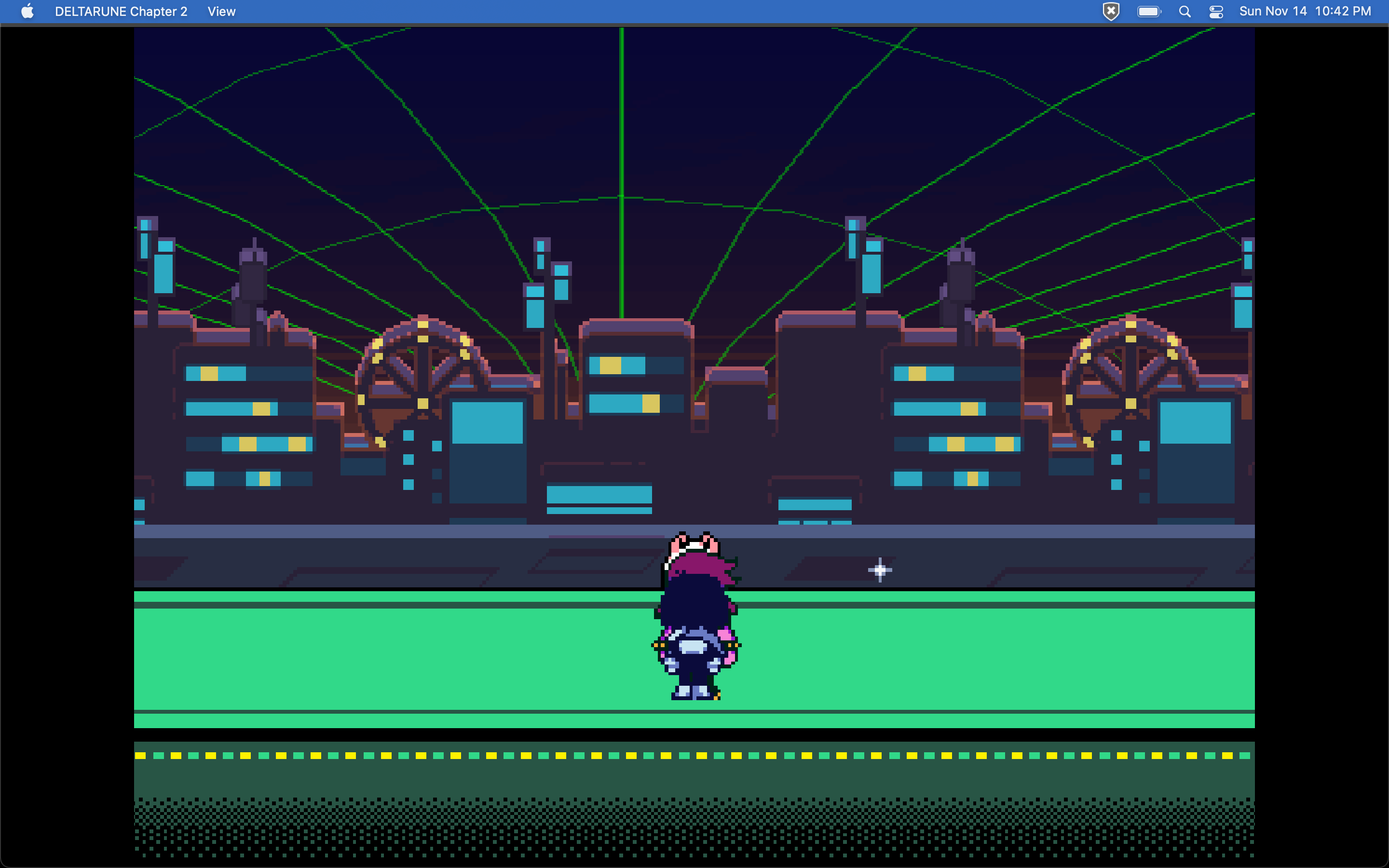
COMS 333/02 (Winter 2025): GAMES, MEDIA AND CULTURE
From the syllabus: With a growing global games industry valued at an estimated $187.7 billion USD in 2024 come significant questions about when, where, why, and how games and play have come to matter to us. This course provides students with an introduction to the study of games (digital and analog), their relationship to other media, and their impact on contemporary society and culture. Students will learn how to critically engage with games as media objects, be familiarized with a variety of theories and methods for studying games, and consider the role and impact of games across various (sub)cultures. Through the course materials, we will explore topics such as labour and production, diversity and representation, queer games, the impact of “GamerGate 2.0”, and competitive gaming spheres such as speed-running and E-Sports. Students will have the opportunity to learn how to make sense of games as both scholars and as players by working with them directly in the classroom and by connecting them to current events and day-to-day life.
Intermedia ventures into experimenting with an expanded understanding of the image beyond the limited purview of disciplinarian approaches in cinema and photography traditions.
Our year-long course is particularly invested to explore a capacious concept of what the image is, or could be, in the sense that images take on different forms beyond the visual image. In fact, ‘the image’ could take form through many of the interconnected registers (that are associated with sensory experience): the sonic image, the thought-image and dream-image, or the memory-image.*
With this in mind, Intermedia traces the in-between spaces across photographic, cinematic, and sonic media through a range of historical, material, conceptual and political contexts. We experiment with what dwells in between the images including (but not limited to) modes of production, labor relations, technologies, infrastructures, and histories. The space between images becomes a politically charged space for navigating and renegotiating the terms and forms of relation, of the "being-with" that connects all forms of life.**
*Romero, Andrés, “Image as Method: Conversations on Anthropology through the Image,” last accessed August 25th, 2024: https://somatosphere.com/2015/image-as-method-conversations-on-anthropology-through-the-image.html/
**Conrath, Ryan. Between Images: Montage and the Problem of Relation. Oxford University Press, 2023.
Land Acknowledgement
We acknowledge this land, Tio’Tia:Ke, colonially known as Montreal, as stolen Mohawk land. We stand in solidarity with the Kanien’kehaka and Haudenosaunee Six Nations.
We recognize the role of cultural modes of production in the colonization, not only of land, but of imaginings and our imaginaries, in economies of destructive scale, from Turtle Island to Palestine. In our classroom we strive to create historically informed acts of storytelling as we strive to render visible the connection between different geographies and histories of extraction and dispossession here on this stolen land and elsewhere.
Patriarchal Colonial Capitalism centers the individual as Creator because it assumes unlimited resources can be extracted to execute an Idea in a linear creative process from Conception to Production. We also recognize and actively challenge the enduring infrastructures, technologies (audio-visual, communication, surveillance, military), and modes of knowledge production and dissemination that have long created epistemological hierarchies and economic inequalities that continue to divide the world into distinct zones and spheres of living and dying.
We action our solidarity within this media production classroom, by centering Indigenous and non-Western epistemologies and ontologies, not only by diversifying bibliographies and creative references, but also by making kin with the forms we collaborate with - community, land, material and one another: a creative process as a circle of relations - including our relation to the unknown.

COMS 422/01 Perspectives on the Information Society - Winter 25
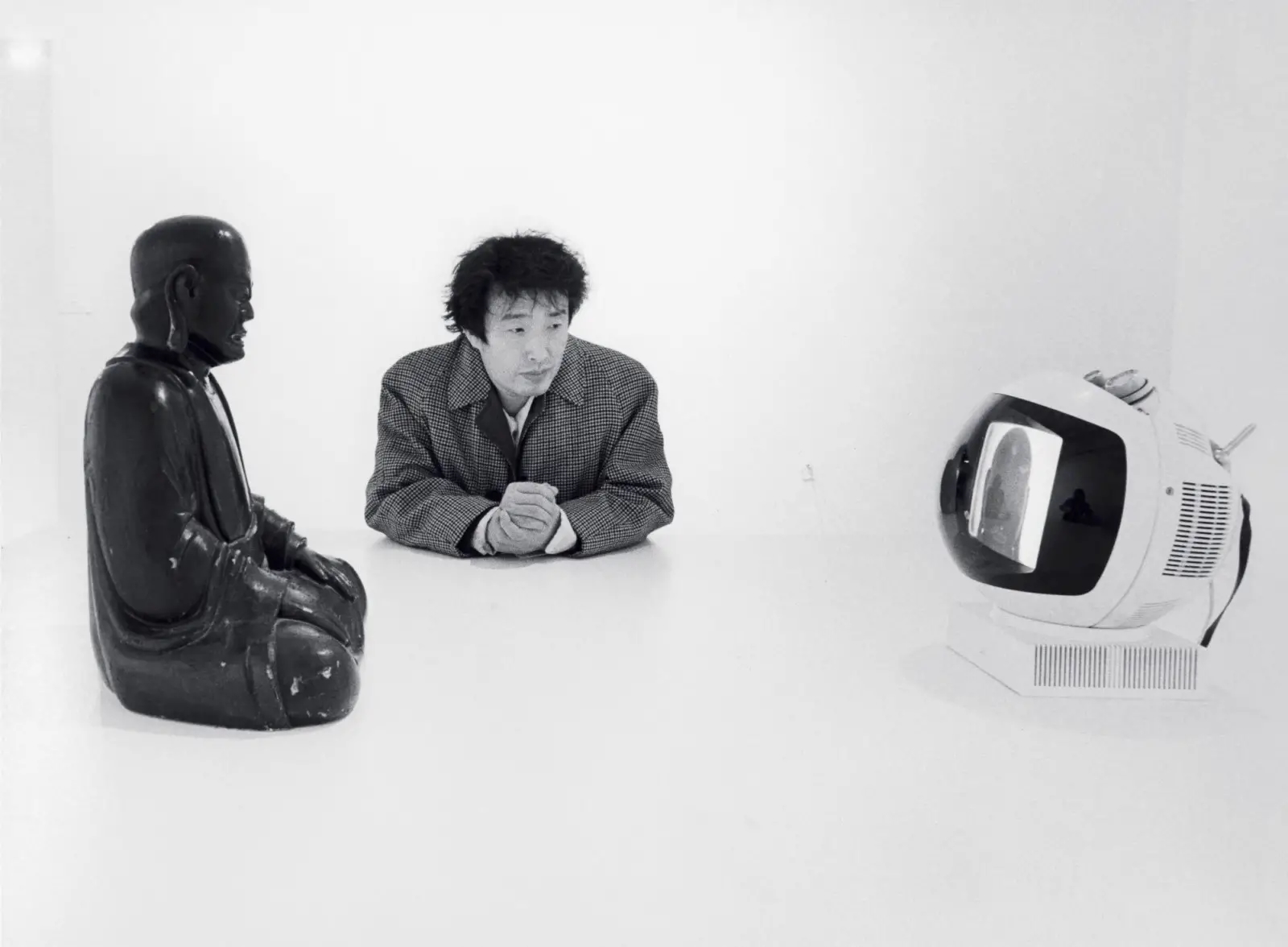
COMS 600/01 (Fall 2025): COMMUNICATION THEORY
This course is meant to critically examine a broad range of theories of communication that attempt to define media and their social role. But we are examining these theories together in an unprecedented moment: the revolution in the streets against genocide, war, totalitarianism, the end of reconciliation and the demands for reparations by Indigenous communities, the precipitous challenges of radical climate crisis, new virulent forms of transphobia and gender policing, political instability and new totalitarianisms around the world. What does it mean, then, to do media studies in our times?
What does it mean also to do this work by taking up the challenges of #CommunicationsSoWhite—a poignant critique of the field of Media & Communication Studies for its historical narratives and canonical selections that preclude consideration of questions of race and ethnicity, or their intersections with gender, and sexuality? What might it mean to centre the work of BIPOC scholars, to hear from a multitude of voices and perspectives, and we think together about the social role of media and the practices of media-making? How do we think media beyond media, to think the relevance of media forms in unexpected places and forms?
These are necessary and formidable challenges. We will be attempting to address head on shifts in how the classroom is constituted, how we create communities, how we think in inclusive ways, how we centre marginalized voices, and how we do engaged scholarship. And we jump into this exercise without guarantees, with the potential for confusion, technical glitches, and more. But we do it conscious also of the urgency of doing this work, and doing it together, in this time.
What we need? Grace, patience, solidarity, curiosity, flexibility. All of these will help get us through this potent space of learning together. What I lay out here is a plan for action. We will readjust, recalibrate, rethink it together as we go along. We will ask what’s working and what’s not, what we can give time to and what is impossible, where our conversations are generative and where they are stilted, and we will work out how to proceed together, in a spirit of being together in this endeavour.
Accessibility
This class will make use of several formats: Moodle texts and exercises, forum posts, (potentially) Zoom discussions, links to videos and/or sound recordings, and texts. These formats all have their own affordances and exclusions. If you wish to discuss academic accommodations, questions of accessibility, technical lacunae or anything else, please get in touch with me. If something arises during the semester to change your accessibility options, please also reach out. I welcome the opportunity to work with you to make the course accessible and enriching.
In this studio-based course, students examine environmental and sustainable practices in relation to dance. Attention is given to how dance can be used as a tool to communicate environmental issues to diverse audiences and to interrogate the impact of dance practices on the environment, dancers’ bodies, and communities. Students study the work of choreographers who practice social, decolonized, and environmental sustainability and examine ways to apply these approaches to their own creative practices.
DANC 411/A (Fall 2025): CAPSTONE I: CHOREOGRAPHIC PROC
This third-year level course is framed around process and research, and it is the first part of a year-long, capstone choreographic project. The course introduces students to research processes and methods related to choreographic research to support the development of student’s projects, choreographic language and interests.
Students will explore the relationship between theory and practice, situate and position their proposals in wider contexts (historical, aesthetic, social) and develop a singular choreographic process. Through movement exploration and experiments with dramaturgical forms, this course will support students in the creation of specific physicality’s, choreographic vision and planning for their final creation at Concordia Theatre in March 2026.
They will explore with transmission, collaboration, class discussions, collective readings, develop and practice peer-to-peer feedback methods, observe and express critical thinking.
In addition, they will be required to present and articulate their proposition throughout the course and publicly in the last studio presentation.
Their ideas will be the basis of the course content, students will learn to progressively build and argument their projects.
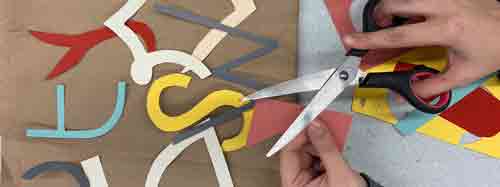
DART 280/AA (Winter 2025): INVESTIGATIONS/TYPOG. DESIGN
: OUTLINE IN PROGRESS :
Investigations in Typographic Design
instructor: pata macedo [pata.macedo@concordia.ca]
office hours by appointment
MONDAYS 5:45pm to 9:45pm
studio EV 7.765 SGW
computer lab EV 5.815 SGW
MAKE-UP class on April 14th
+ + + + + +
This studio course focuses on typographic design and explores the functional and expressive aspects of typography. Process-based assignments emphasize the principles of typography, information hierarchy, multiple-page content, and text-image relationships.
Prerequisite: DART 221; DART 291, 292 previously or concurrently; or written permission of the Department.
+ + + + + +
Grading
Students will be evaluated on their conceptual skills (creativity and problem solving), technical execution (precision and accuracy), presentation (oral communication, written communication, neatness and organization), crafts/wo/manship, class participation, commitment, timeliness, enthusiasm, initiative and follow-through.
Distribution
15% Participation, Engagement and Exercises
10% Typographical Journal Weekly Entries
10+30% Typeface(s) Presentation + Collaborative Type Design Project
35% Typographic Experimental Book Project
All major projects must be completed to pass this course.
Late projects will be lowered by a full grade for each week the project is late (i.e. A- to B- or C to D) .
Final Grade
The final grade will be based on the University grade point equivalents as listed in the Concordia Undergraduate Calendar, Section 16.3.3.
A | Outstanding/Excellent
The work is an outstanding interpretation of the assignment, demonstrating critical thinking, careful attention to detail and planning. Excellent in both content and form, it is well crafted, insightful, and surprising in its originality.
B | Very Good
The work demonstrates a strong interpretation of the assignment’s requirements in concept, content and form. It would benefit from a more original approach, and/or formal refinements.
C | Satisfactory
The work demonstrates a sufficient interpretation, fulfilling the assignment’s basic requirements. However, some aspects of the development and outcome are missing or lack completion.
D | Marginal Pass
The work demonstrates a minimal interpretation of the assignment.
F | Fail
The work does not fulfill the assignment’s requirements.
Winter 2025 Calendar Important Dates
https://www.concordia.ca/students/undergraduate/undergraduate-academic-dates.html#winter2025
Department Standard for: Class Participation, Attendance and Punctuality
While the structure of individual classes may vary between instructors, courses, and weeks according to the types of activities involved, the Department recommends that for 4-hour classes, students and their instructors have 20-30 minutes of break time, and for 3-hour classes, they have 10-20 minutes of break time.
Class Participation
In-class participation is considered an important and significant part of each course. Attendance is taken, and students are responsible for being present at all classes. Up to 30% of the final grade for any course can be given for attendance and class participation, at the discretion of the instructor.
Attendance
As a standard departmental policy, a maximum of two absences per term is tolerated, after which an official medical note or other valid reason must be provided. Justification must be given in writing to the instructor. Three unjustified absences per course will result in a failed grade. It is incumbent on the instructor to warn a student, via email, if that student is not meeting course expectations. Notification in writing will be sent by the instructor to the student after two missed classes to notify the student they are at risk of failing.
In all cases, students are responsible for any coursework due during periods of absenteeism, including the Drop/Add period.
Department Standard for Punctuality
Students missing fifteen minutes or more (through late arrival or leaving while class is in session) will be considered a partial absence, at the discretion of the instructor. Students are encouraged to take notes, however the use of mobile devices (tablets, phones, and laptops) and social media is disallowed during lectures, presentations, and critiques.
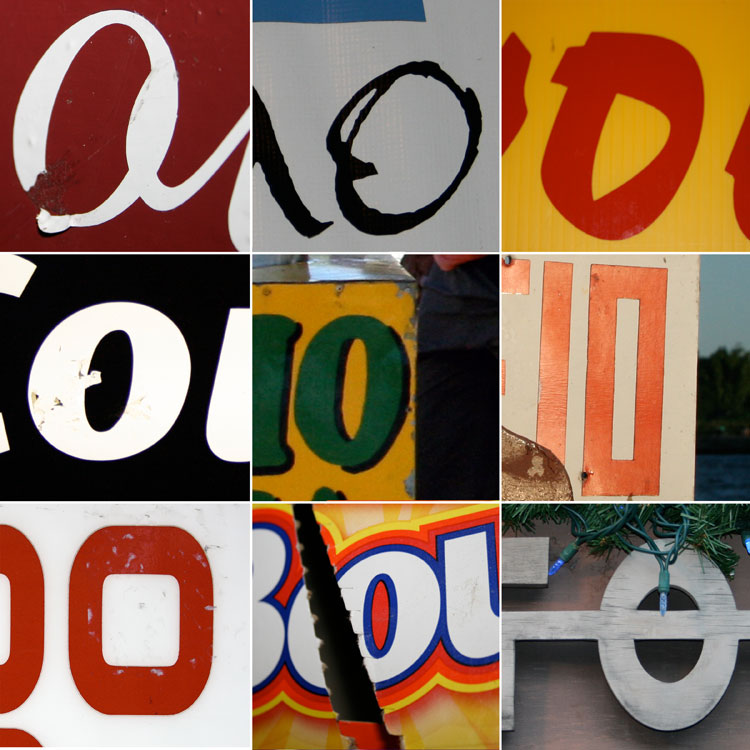
DART 331/A (Winter 2025) WORDS IN SPACE
Thursdays, 8:45am to 12:45pm
Studio EV 7.735 + Lab EV 5.709 SGW
Instructor: pata macedo [pata.macedo@concordia.ca]
Office hours by appointment
+ + + +
OUTLINE in PROGRESS
+ + + +
This studio course focuses on type and image in the built environment. Issues of space, materiality, and legibility are examined within architectural and urban landscapes. Students engage in projects ranging from wayfinding and signage to exhibition design and installations.
+ + + +
Grading
Students will be evaluated on their conceptual skills (creativity and problem solving), technical execution (precision and accuracy), presentation (oral communication, written communication, neatness and organization), crafts/wo/manship, class participation, commitment, timeliness, enthusiasm, initiative and follow-through.
Distribution
25% PROJ 01
40% PROJ 02
15% PRESENTATION
20% Participation and Engagement in Class + Small Assignments
All major projects must be completed to pass this course.
For each of the major projects, the grade is divided accordingly
15% Concepts presentation/ Proposal
25% Mock-up
50% Final project
10% Process Book (PDF) + digital files uploaded
Late projects will be lowered by a full grade for each week the project is late (i.e. A- to B- or C to D) .
All the artwork submitted (written content, illustrations, photography, shapes, patterns, etc.) must be original artwork created by you.
+ + + + + +
Grading
Students will be evaluated on their conceptual skills (creativity and problem solving), technical execution (precision and accuracy), presentation (oral communication, written communication, neatness and organization), crafts/wo/manship, class participation, commitment, timeliness, enthusiasm, initiative and follow-through.
Late projects will be lowered by a full grade for each week the project is late (i.e. A- to B- or C to D) .
All the artwork submitted (written content, illustrations, photography, shapes, patterns, etc.) must be original artwork created by you.
Final Grade
The final grade will be based on the University grade point equivalents as listed in the Concordia Undergraduate Calendar, Section 16.3.3.
A | Outstanding/Excellent
The work is an outstanding interpretation of the assignment, demonstrating critical thinking, careful attention to detail and planning. Excellent in both content and form, it is well crafted, insightful, and surprising in its originality.
B | Very Good
The work demonstrates a strong interpretation of the assignment’s requirements in concept, content and form. It would benefit from a more original approach, and/or formal refinements.
C | Satisfactory
The work demonstrates a sufficient interpretation, fulfilling the assignment’s basic requirements. However, some aspects of the development and outcome are missing or lack completion.
D | Marginal Pass
The work demonstrates a minimal interpretation of the assignment.
F | Fail
The work does not fulfill the assignment’s requirements.
Winter 2025 Calendar Important Dates
https://www.concordia.ca/students/undergraduate/undergraduate-academic-dates.html#winter2025
Department Standard for: Class Participation, Attendance and Punctuality
While the structure of individual classes may vary between instructors, courses, and weeks according to the types of activities involved, the Department recommends that for 4-hour classes, students and their instructors have 20-30 minutes of break time, and for 3-hour classes, they have 10-20 minutes of break time.
Class Participation
In-class participation is considered an important and significant part of each course. Attendance is taken, and students are responsible for being present at all classes. Up to 30% of the final grade for any course can be given for attendance and class participation, at the discretion of the instructor.
Attendance
As a standard departmental policy, a maximum of two absences per term is tolerated, after which an official medical note or other valid reason must be provided. Justification must be given in writing to the instructor. Three unjustified absences per course will result in a failed grade. It is incumbent on the instructor to warn a student, via email, if that student is not meeting course expectations. Notification in writing will be sent by the instructor to the student after two missed classes to notify the student they are at risk of failing.
In all cases, students are responsible for any coursework due during periods of absenteeism, including the Drop/Add period.
Department Standard for Punctuality
Students missing fifteen minutes or more (through late arrival or leaving while class is in session) will be considered a partial absence, at the discretion of the instructor. Students are encouraged to take notes, however the use of mobile devices (tablets, phones, and laptops) and social media is disallowed during lectures, presentations, and critiques.
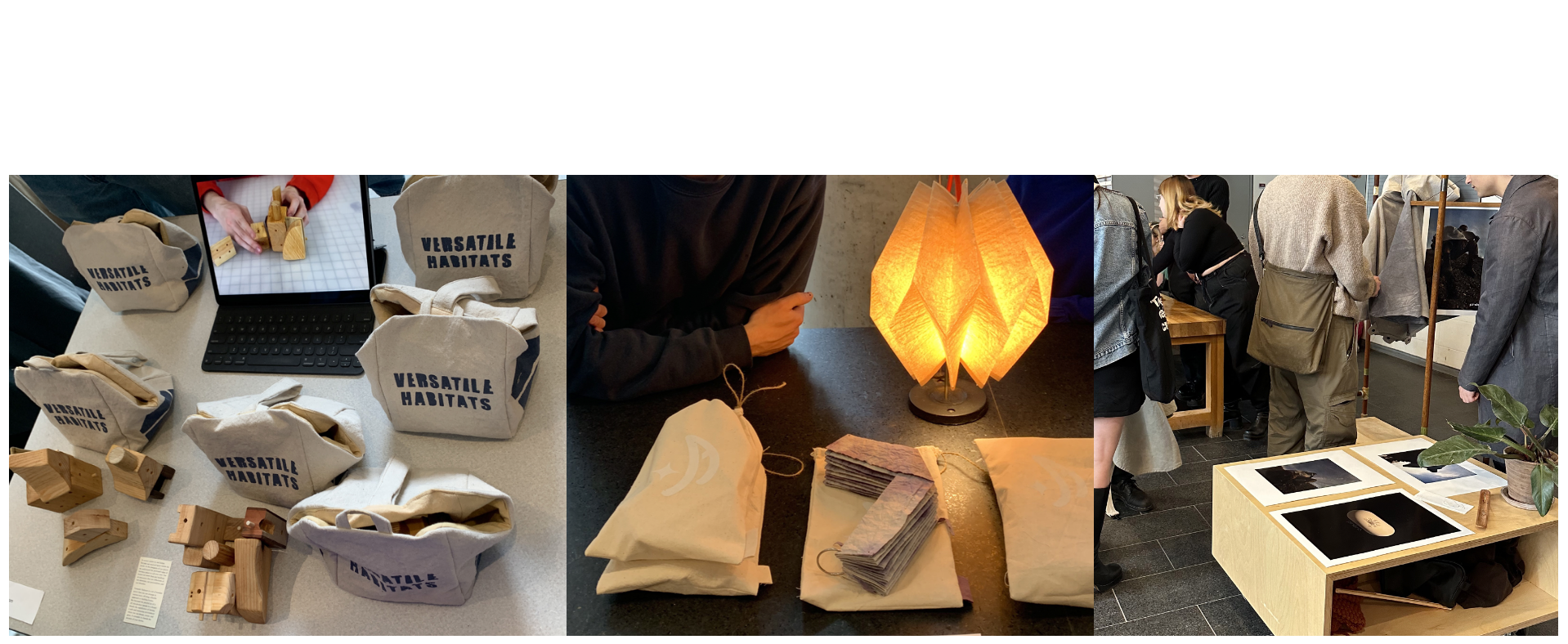

Socio-Cultural Environmental Research and Practice II: This studio course further develops soft surface design and applications through specific sustainable projects and community initiatives. Students work in collaboration with different stakeholders in the research, conceptualization, construction, and analysis stages of project design.
DTHY 643/GA (Summer 2025): SOCIODRAMA AND PSYCHODRAMA

Course Description
By evaluating available resources, practical tools, and curricula in today’s Canadian society, this course familiarizes students with approaches to sexual health education that are suitable for working with children and youth in a variety of educational settings, including the home, community agencies, and schools. The importance of gearing education to accommodate different developmental stages, ages, and local social contexts is stressed.
EDUC 384/AA (Winter 2025): TEACH SOCIAL STUDIES IN ELEMENTARY SCHOOLS
EMBA 623/A (Winter 2025): MANAGING IN A GLOBAL ENVIRON
The global business landscape is dynamic, complex, and interconnected, requiring leaders to navigate cultural diversity, technological advancements, and strategic challenges. Managing in a Global Environment prepares students to excel in this context by developing the skills needed to lead, collaborate, and innovate across borders. The course addresses the intricacies of managing global teams, emphasizing the SPLIT framework—Structure, Process, Language, Identity, and Technology—as a foundation for diagnosing and overcoming common challenges such as social distance and cultural misunderstandings.
Beyond team dynamics, students will explore critical global business topics, including cross-cultural negotiation techniques to build trust and resolve conflict effectively, strategies for navigating supply chain disruptions to ensure resilience, and market expansion approaches to identify and capitalize on international opportunities. The course also highlights sustainable business practices, empowering students to drive growth while prioritizing environmental and social impact.
Through engaging case studies, immersive simulations, and hands-on exercises, students will gain practical experience in tackling real-world challenges faced by global leaders. By applying course concepts to diverse scenarios, participants will refine their ability to think strategically, communicate persuasively, and make informed decisions in complex international environments.
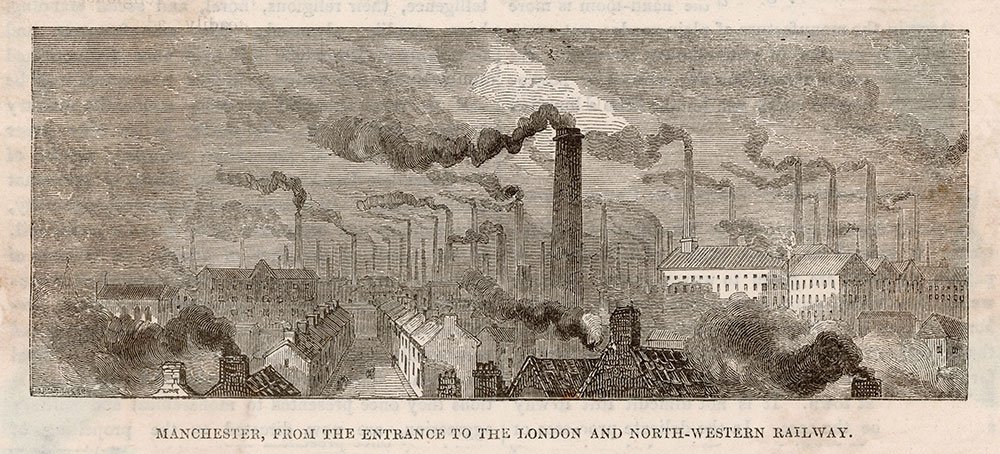
ENGL 332/AA (Fall 2025): STUD/19TH-CENTURY BRITISH LIT
LITERATURE(S) OF THE "VICTORIAN PERIOD"
In 1831, at the dawn of what has come to be known as the Victorian era, Thomas Carlyle wrote: "Never since the beginning of Time was there...so intensely self-conscious a Society. Our whole relations to the Universe and to our fellow-man have become an Inquiry, a Doubt." Already, the Victorians were defining themselves as a historical period of thought and culture. In this course we will study some of the most canonical works of British poetry, fiction, and non-fiction prose that have been used to define "Victorian" (1832-1901) as a period of literary history, alongside works from a broader global frame that offer new perspectives on what Victorian literature was, and what it can teach us today. This approach will allow us to ask questions about the different kinds of "Victorian" worlds we might conjure through literary study (English and Anglocentric, imperial, settler-colonial, etc.). We will study Victorian texts as formal aesthetic objects intertwined with ideas and social phenomena concerning class and industrial relations; the position of women in society; science, technology, and media; race, empire, and national identity; education; and the conception of literature in a commodity culture, among other frames. We will also consider the theoretical and practical implications of studying literature through the lens of periodization, and what it means to think about "Victorian" as a literary category, situated between the Romantic and Modernist periods. Our approach will be both textual and contextual, combining lectures and substantial class discussion. Some of the authors to be considered will include Carlyle, Mill, Barnes, Hood, Tennyson, Darwin, Gaskell, Dickens, Engels, Browning, C. Rossetti, Ruskin, Arnold, Pater, Morris, Wilde, Stevenson, Hopkins, Johnson / Tekahionwake, and Ghandi.

This class explores the postcolonial texts and context that have shaped contemporary Caribbean literature. It engages with a complex history of anti-colonial resistance, decolonization, and nation-building to understand the ways in which cultural producers from the Caribbean have reflected on the broader questions of internationalism, imperialism, and exploitation. For this purpose, we will read classics like CLR James’s Black Jacobins, the definitive nonfiction account of the Haitian revolution, alongside radical thinkers like Aimé Césaire and Frantz Fanon as well as contemporary writers like Michel-Rolph Trouillot to investigate how Caribbean writers have developed a tradition of counter-history that challenges what Trouillot calls “the silencing of the past.”
This will allow us to investigate how contemporary writers like Patrick Chamoiseau, Maryse Condé, Marlon James, and Jamaica Kincaid re-examine the past and present to develop a distinct postcolonial identity. While the course focuses mainly on prose writing and nonfiction, we will also investigate the revolutionary history of postcolonial poetry and how it develops themes of identity, resistance, cultural syncretism, and the natural environment through the works of Merle Collins and the philosophical speculations of Édouard Glissant.
By unpacking themes such as resistance, belonging, and cultural hybridity, students will gain a deeper understanding of the dynamic debates in the field of postcolonial theory more broadly speaking. The course aims to encourage interdisciplinary perspectives by drawing on insights from literature, history, sociology, and cultural studies. Through in-class discussions we will develop a nuanced appreciation for contemporary debates in the field which challenge established categories of investigation and suggest new theoretical approaches.